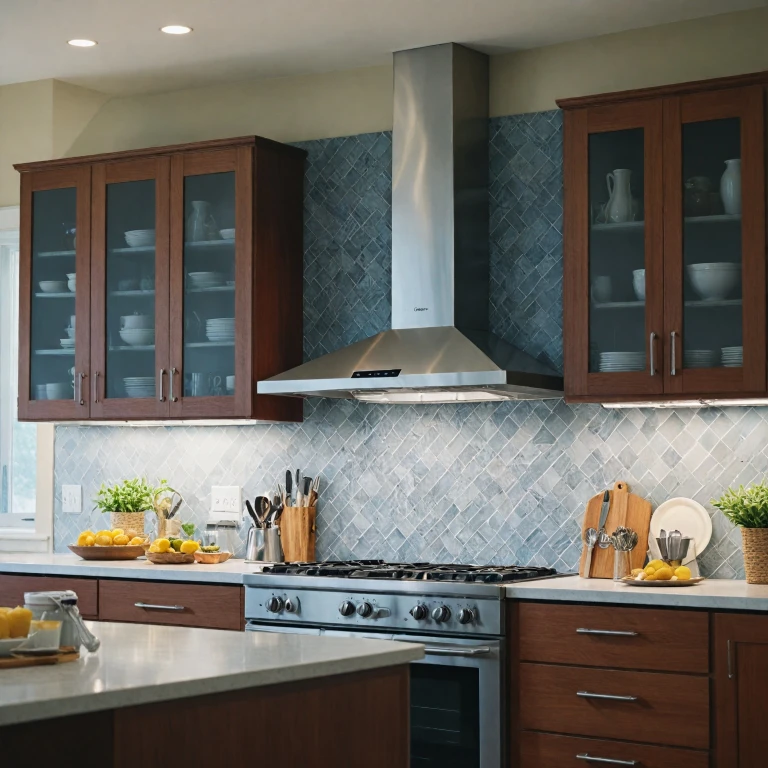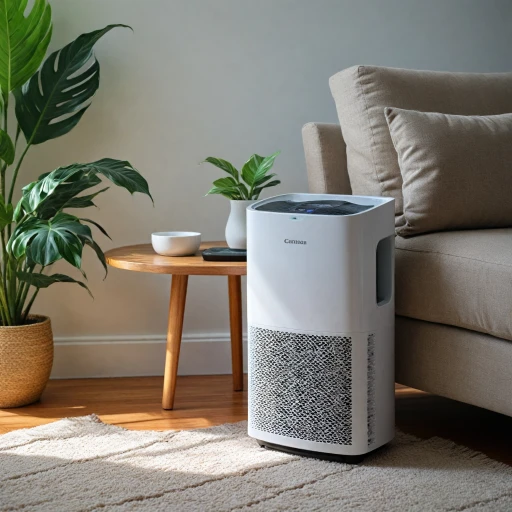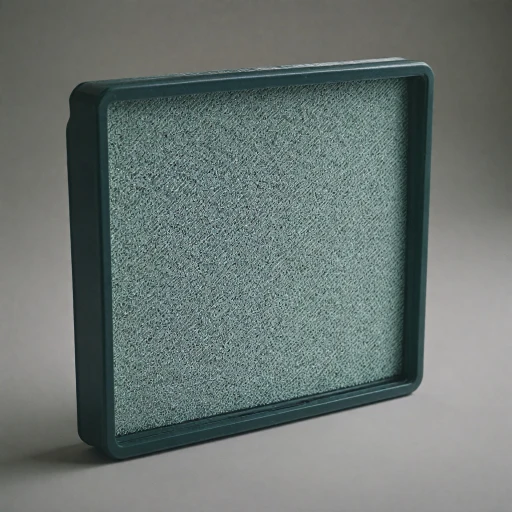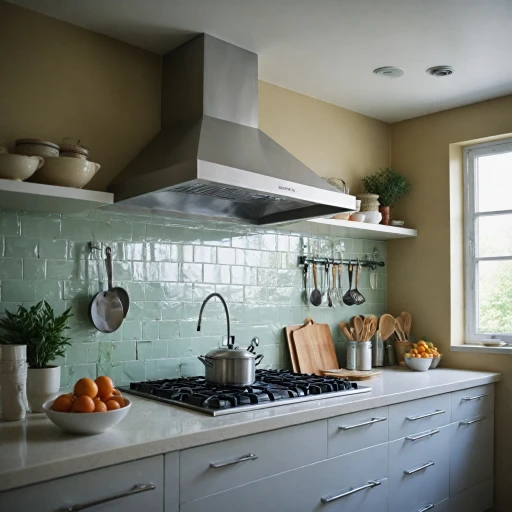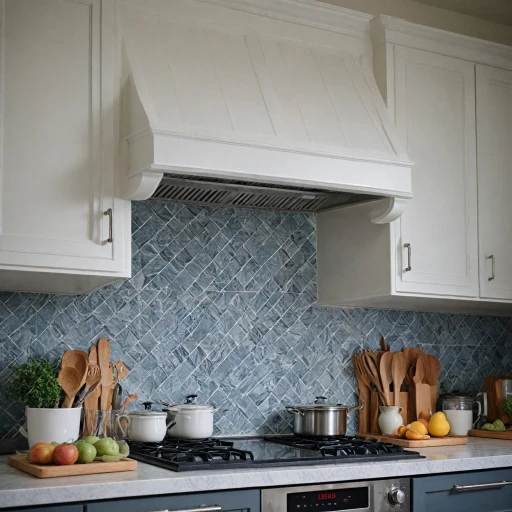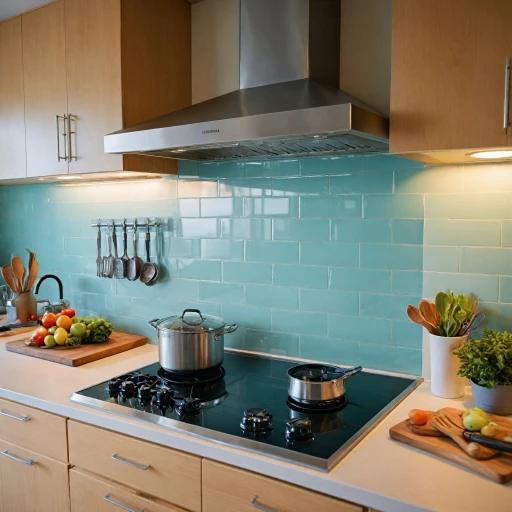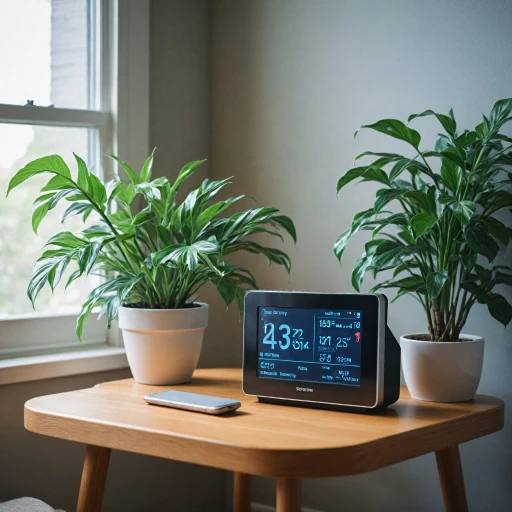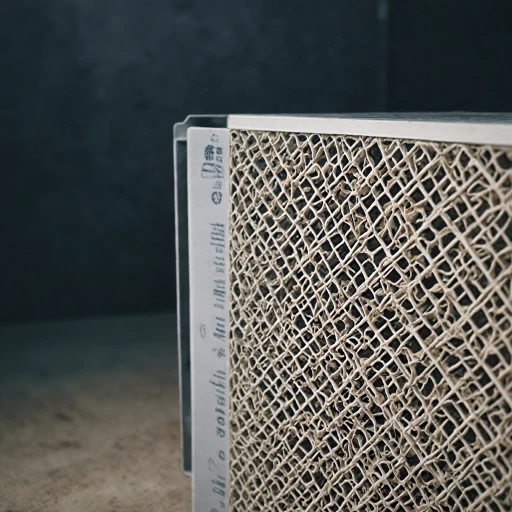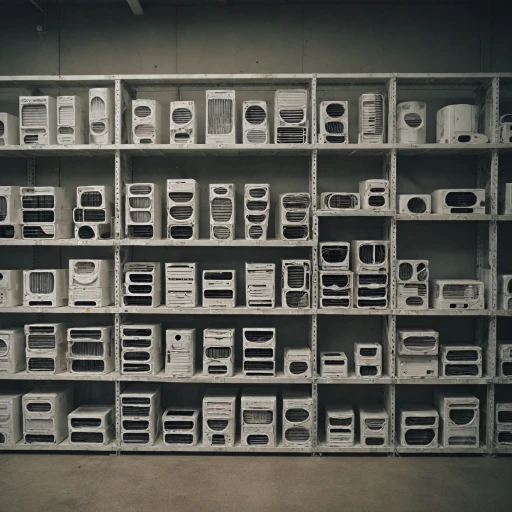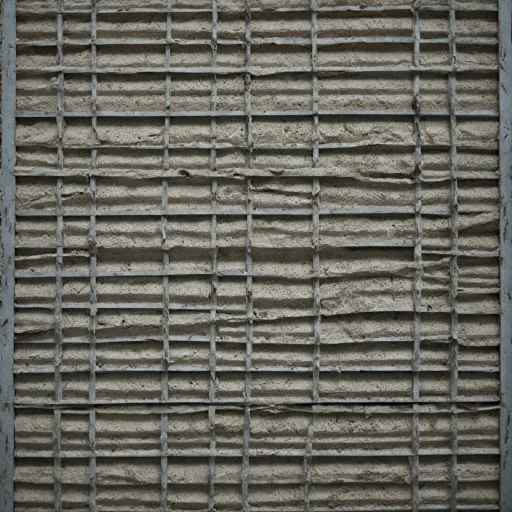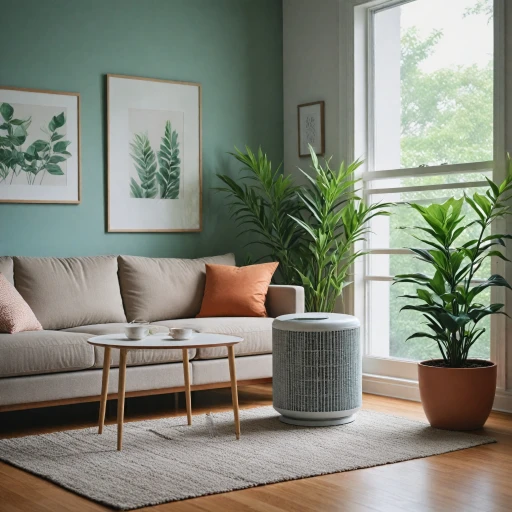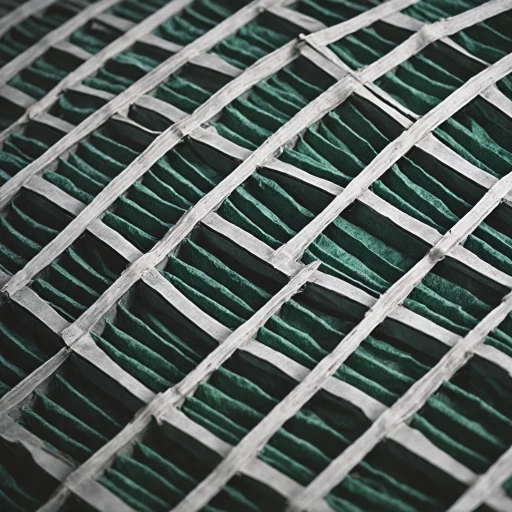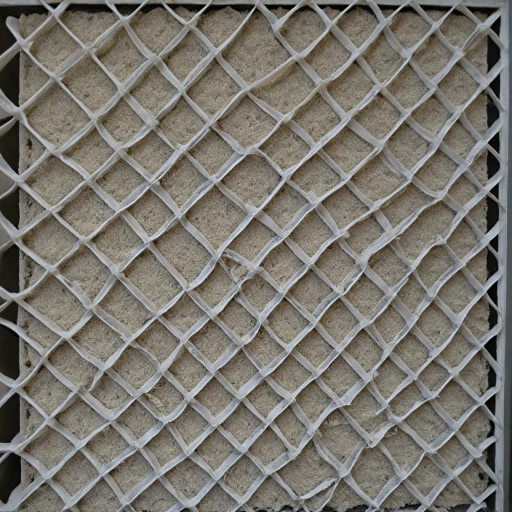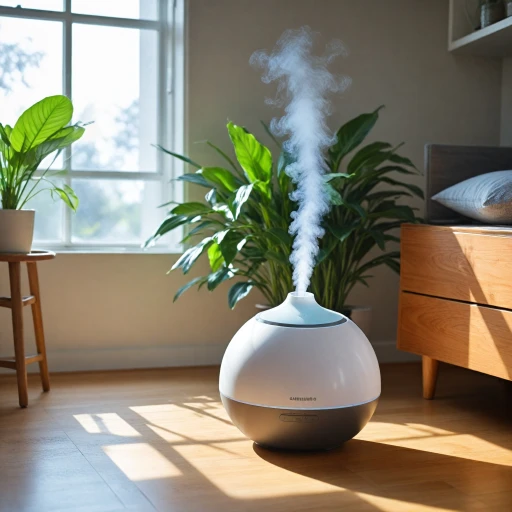
What are Range Hood Filters?
Getting to Know the Essentials of Hood Filters
Understanding what range hood filters are and their function is crucial to maintaining air quality within your kitchen. Essentially, range hood filters are components located in the exhaust system of your kitchen. Their primary role is to capture grease, smoke, and odors generated through cooking before they have a chance to recirculate into your living space. Choosing the right range hood filter for your needs can significantly impact both the efficiency and effectiveness of your kitchen ventilation. There are various types of range hood filters, each differing in their design and efficiency. Some might use a series of aluminum mesh layered to trap grease effectively. Others might be carbon filters designed to neutralize odors, offering an additional layer of air purification. Comparing the options available on the market can help you find the product best suited to your needs. In terms of purchasing options, these filters can be found at different price points and options for single or multi-unit packages. Many retailers in the United States offer a convenient experience with free shipping in specific zip code areas, allowing you to add the needed hood filter to your cart and continue shopping for other household accessories. Hood filters play a vital role in ensuring a clean culinary space. Regular maintenance and timely replacement of these filters are necessary to optimize their performance, ultimately prolonging the life of your range hood system. Properly functioning filters lead to better air circulation and contribute to a healthier environment through their efficient grease-trapping capability.Types of Range Hood Filters
Exploring Various Range Hood Filter Materials
Range hood filters come in a variety of materials, each with its own set of benefits and characteristics suited for different kitchen environments. Understanding these differences is essential when making a choice for your specific needs.- Aluminum Filters: These filters are commonly used due to their durability and lightweight nature. Aluminum grease filters are effective in trapping grease particles, making them an ideal choice for kitchens where grease is a primary concern. These can also be cost-effective products with a regular price that varies based on the unit price and pack size.
- Charcoal or Carbon Filters: Known for their ability to neutralize odors, charcoal filters are perfect for those who wish to maintain a fresh kitchen environment. These filters excel in absorbing smoke and fumes but require regular replacement to maintain efficacy. Keep an eye on when to buy a new filter pack to ensure continuous performance.
- Mesh Filters: Typically found in ducted/exhaust range hoods, mesh filters offer an effective solution for capturing grease and dust. They are crafted from materials like aluminum and can handle routine cleaning, which is crucial for maintaining function and prolonging lifespan.
- Baffle Filters: These are constructed from stainless steel and are known for their high efficiency in trapping grease. While often more expensive, they offer durability and can be washed repeatedly without compromising performance. Baffle filters are particularly beneficial in busy, commercial kitchens where high volume filtering is needed.
How Range Hood Filters Affect Air Quality
Impact on Indoor Air Quality
Range hood filters play a crucial role in maintaining the quality of air in your kitchen and home. These filters are designed to capture grease, smoke, and other airborne particles that result from cooking. Without them, these contaminants would freely circulate, leading to poor indoor air quality.
When cooking, especially with high heat, grease particles become airborne. A well-functioning range hood with effective hood filters traps these particles, preventing them from settling on surfaces or being inhaled. This is particularly important for those with respiratory issues or allergies, as it reduces the risk of irritation.
Moreover, range hood filters also help in reducing odors. By capturing the particles that cause smells, they ensure that your kitchen remains fresh. This is especially beneficial in open-plan homes where cooking odors can easily spread to other living areas.
Different types of filters, such as aluminum and carbon, have varying levels of effectiveness. Aluminum filters are excellent for trapping grease, while carbon filters are better at absorbing odors. Choosing the right type of filter can significantly enhance the air quality in your home.
In summary, the effectiveness of your range hood filter directly impacts the air you breathe. Regular maintenance and timely replacement of these filters are essential to ensure they function optimally, contributing to a healthier living environment.
Maintenance and Replacement of Range Hood Filters
Maintaining and Replacing Your Range Hood Filters
Proper maintenance and timely replacement of range hood filters are crucial for ensuring the efficiency and longevity of your kitchen's exhaust system. Hood filters not only capture grease and smoke, but also help in maintaining cleaner indoor air. Here's how to keep them in top shape.- Regular Cleaning and Inspection: The first step in maintenance is regular cleaning. Grease filters, whether made of aluminum or mesh, should be cleaned every month if they're frequently used. For carbon filters used in ductless hoods, the cleaning frequency might vary; refer to the manufacturer's manual for specific guidance. Always inspect the filters for excessive grease build-up and signs of wear.
- Timely Replacements: Over time, filters can become less effective. Aluminum and mesh grease filters are usually washable; however, they should be replaced if they become damaged or clogged beyond cleaning. Carbon filters require regular replacements, as they lose their effectiveness after absorbing odors and impurities. Check the recommended replacement schedule provided by the product manufacturer to avoid diminished performance.
- Safety Precautions: It's essential to ensure that the range hood is turned off and cool before removing filters for cleaning or replacement. This prevents any risk of injury or burns.
- Cost Considerations: When it comes to the price of replacement filters, it varies depending on the type and brand. Often, buying a filter pack can offer better value. Keep an eye on sales, as many products are available at a reduced price, especially from online retailers in the United States that offer free shipping options.
Choosing the Right Range Hood Filter for Your Needs
Find the Perfect Range Hood Filter for Your Kitchen
When selecting a range hood filter, several factors ensure optimal performance in maintaining air quality and keeping cooking spaces free of grease.- Type of Filter: Choose between aluminum, carbon, and grease filters. Aluminum filters are durable and long-lasting, while hood carbon filters efficiently neutralize odors.
- Size: Ensure the filter fits your range hood properly by measuring the hood's dimensions accurately.
- Filter Efficiency: Assess how well the filter can trap particles and grease, crucial for keeping your kitchen vented properly.
- Price and Availability: Consider the price unit and whether the product falls within your budget. Look for options with free shipping within the United States or specific zip code delivery for cost-effective choices.
- Maintenance Needs: Some filters require regular cleaning or replacement. Verify if accessories needed, like filter packs or duct kits, are readily available.

